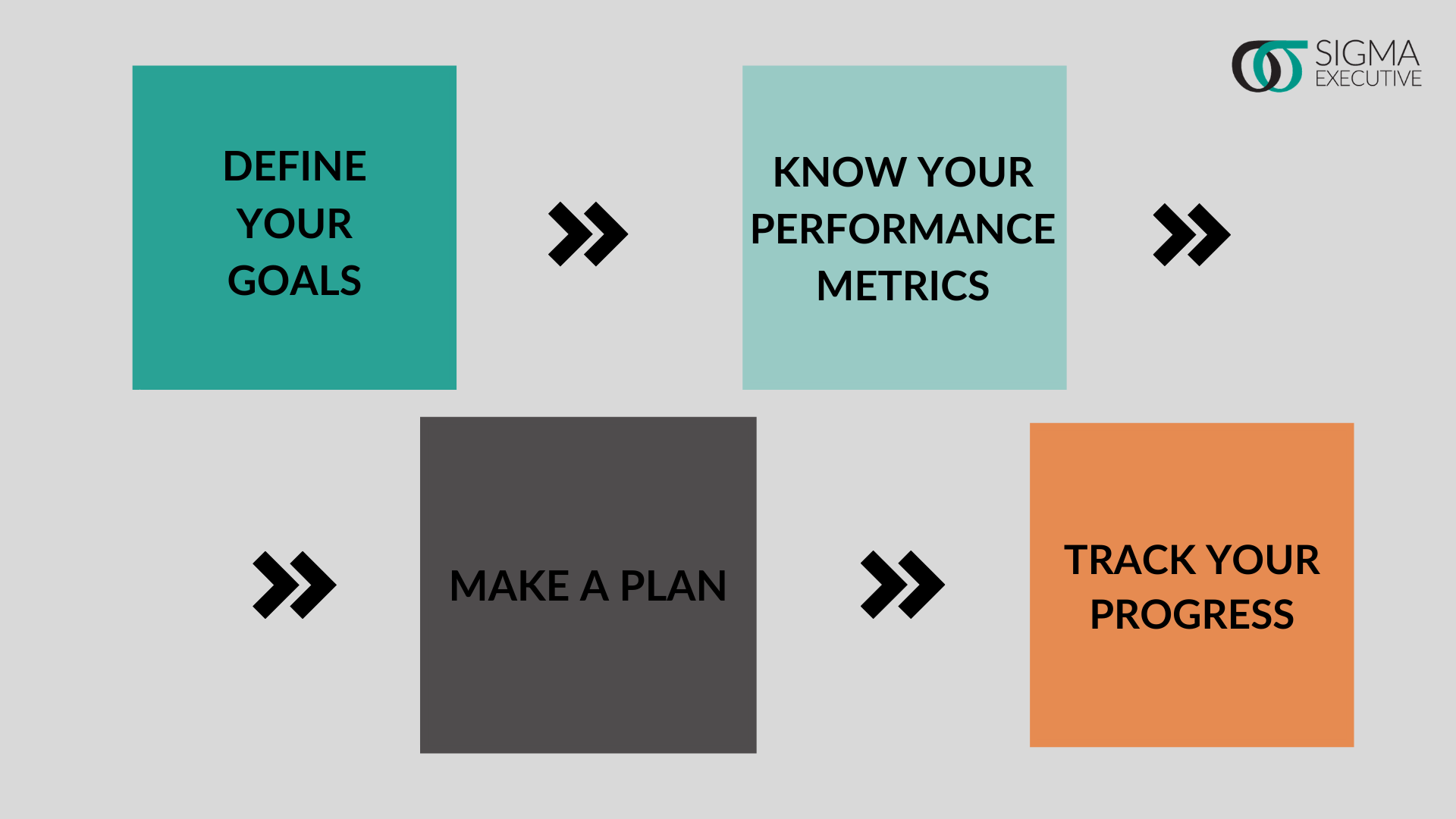
I spend much of my work week meeting with lawyers to discuss internal progression within their firms and helping them to refine their short and long-term career goals. For partners and aspiring partners, goals usually relate to building and maintaining a client base and a strong team of lawyers. For everyone else they come in the form of promotions and pay rises.
Lawyers’ individual aspirations and the variables that determine career trajectory within law firms are both innumerable, and yet I’ve found time and again that there is one characteristic that remains consistent amongst those lawyers who progress as quickly as possible. It’s simple: they’re planners.
One particularly ambitious senior associate I’ve been working with received great news this week that she’s earned an early promotion to special counsel from 1 July – a crucial stepping-stone on her pathway into partnership. She was thrilled, but she wasn’t surprised, and neither was I. This is because she’s been carefully planning out her career for several years already, and has continually updated a robust business plan as she’s progressed.
Her plan stands out to me because she’s strategised for her promotion to partner by thinking like a partner since she was promoted to senior associate 3 years ago. The plan is long, detailed and only includes goals that are SMART (specific, measurable, attainable, relevant, time-based).
The broad themes are as follows:

Whilst not every successful lawyer is so strategic in the way they go about achieving their goals, I’ve come to appreciate that those who put the most effort into their business plans often see the fastest progress.
The most goal-oriented and committed planners will do the following:
- Visualise their endgame
- Understand the key performance metrics that they are being assessed on
- Define the next milestone on the way to their endgame and implement a plan to reach it
- Have a written plan of action to hit or exceed their performance targets
- Share their plan with the appropriate people to make sure it is both achievable and in line with expectations
- Hold themselves accountable to the plan by revisiting it on a regular basis
- Regularly revise the plan and seek advice on reformulating any elements that aren’t working
Define your goals > know your performance metrics > make a plan > track your progress